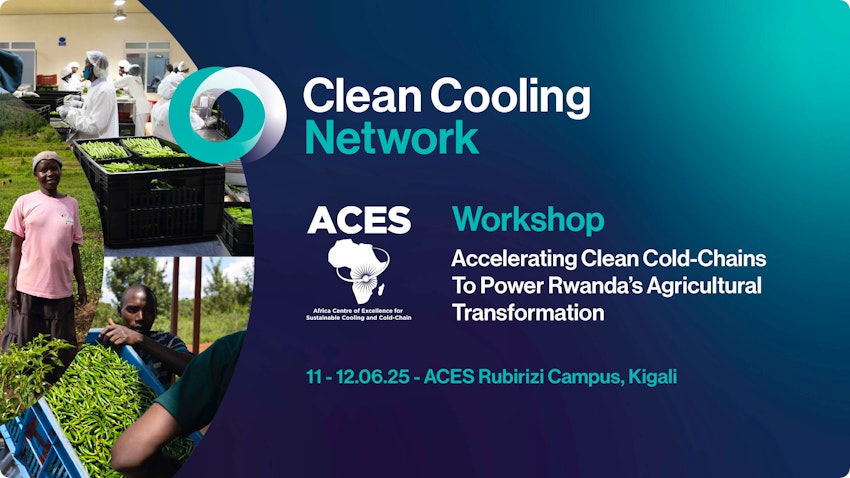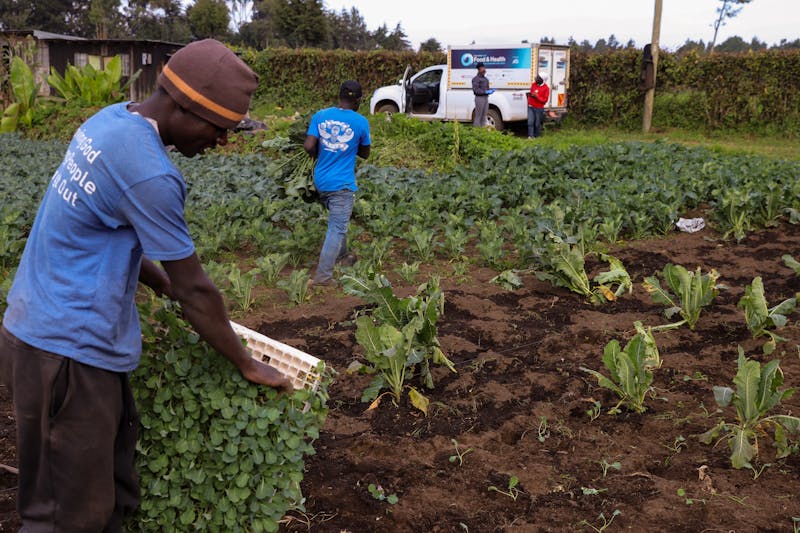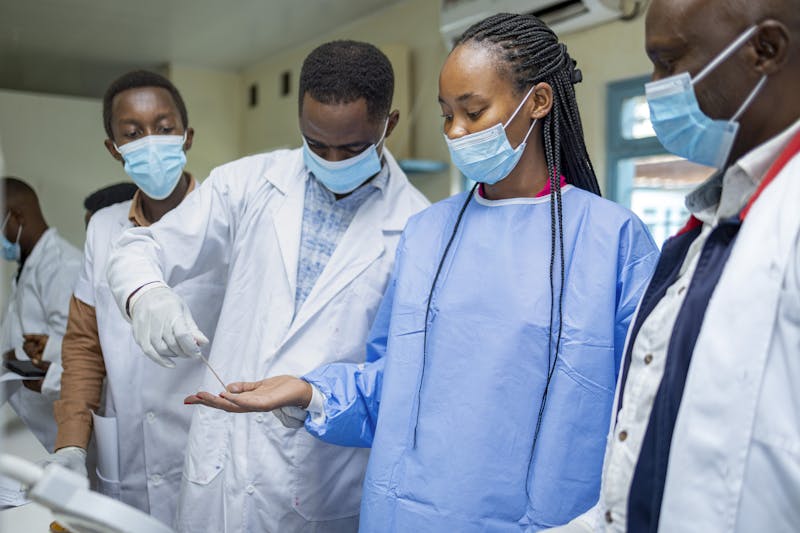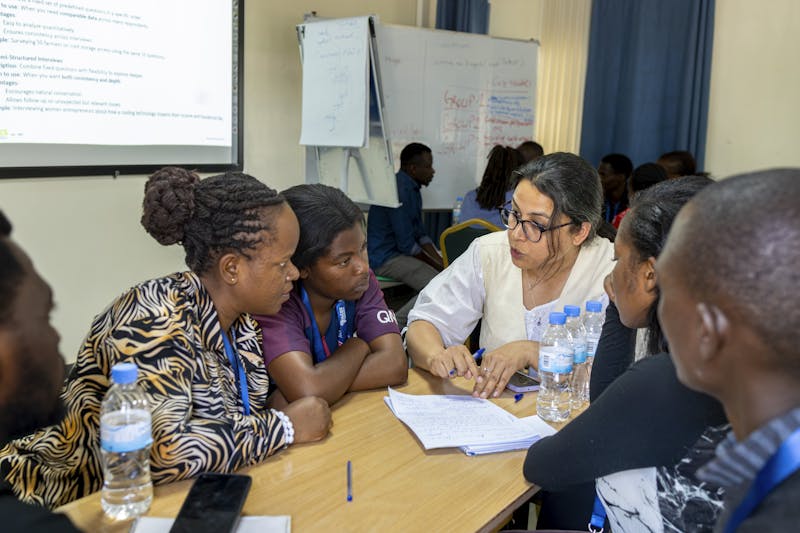Rwanda's Agricultural Transformation
A Clean Cooling Network (CCN) Workshop - June 2025

Accelerating Clean Cold-Chains To Power Rwanda's Agricultural Transformation
The Africa Centre of Excellence for Sustainable Cooling and Cold-chain (ACES) hosted a pivotal workshop at its campus in Rubirizi. We explored the role of cold-chain as critical infrastructure, to support the recently published MINAGRI’s fifth strategic plan for agriculture transformation (PSTA 5) in Rwanda.
PSTA 5 underscores Rwanda’s commitment to improving food security and nutrition while transforming agri-food systems towards delivering the country’s Vision 2050.
PSTA 5 projections include Rwandan Agriculture GDP growth will reach 6.1% in 2028/29 from 2% in 2023. Exports are expected to reach more than $1.5bn in 2028/29. Other key targets include off-farm jobs, women empowerment in agriculture, reduction of stunting and improvements in the country’s dietary score.
PSTA 5 identifies cold-chain as a key strategic intervention to “Building Resilient and Sustainable Agri-Food Systems”. This two-day workshop (June 11th and 12th) will bring together MINAGRI, farmers, their communities, consumers, industry, and wider stakeholders to drive and support key priorities of PSTA 5. Key themes include climate-resilience, inclusive markets, post-harvest management, logistics innovation, digitalisation, and capacity building.
Read more about this ambitious 5-year plan in our By Degrees article by CCN project lead Prof. Toby Peters.
Key Outcomes
- Identify Cold-Chain Priorities for effectively supporting PSTA 5’s goals.
- Develop a Roadmap of actionable steps for ACES, MINAGRI, industry players, and communities to implement these priorities.
- Strengthen Partnerships among farmers, consumers, policymakers, financiers, and service providers to accelerate cold-chain deployment across Rwanda.
- Outline Capacity-Building Needs and training pathways, including potential apprenticeship programs, continuous vocational development, and advanced technical support.
Workshop Agenda
Wednesday 11th June
8.30
Arrival and registration – coffee, pastries and fruit
09.00 – 09.30
Introduction and overview and objectives of day
09.45 – 12.45
Parallel workshops and focussed stakeholders groups to discuss what the Strategic Plan means to them, opportunities, challenges, and what cold-chain support/training they need to implement
12.45 – 14.00
Lunch
14.00 – 14.30
Finalise writing-up summaries with groups
14.30 – 15.30
Plenary Session - Presentations from stakeholder groups and short Q&A
15.30 – 16.00
Tea/coffee break
16.00 – 17.00
Plenary discussions
17.00
Drinks and networking
Thursday 12th June
08.30
Arrival and registration – coffee, pastries and fruit
09.00 – 10.30
Workshop 1
Evaluating Sustainable Cooling and Cold-chain investments
Professor Ian Thomson from Dundee University will present the sustainable evaluation tool designed by a CCN academic team for use in cold-chain investment scenarios. Research at the CCN has established that cost-effective solutions exist to mitigate the negative impacts associated with unacceptable levels of food loss, yet there is a reluctance to fund these investments. This reluctance is amplified by accounting tools which do not appropriately value the full range of benefits accruing from cold-chain infrastructures or take into account the distribution of risks, hazards, costs and benefits across commodity value chains. This session will demonstrate the novel CCN evaluation model which through a holistic valuation protocol can enhance the fundability of cold-chain investments from all stakeholders in food value chains.
10.30 – 11.00
Tea/coffee break
11.00 – 12.30
Workshop 2
Understanding and enabling the transition to electrifying transport and the cold-chain
Michael Ayres from Flexible Power Systems, a software and EV charge point service that works with some of the UK’s best known retail and logistics businesses and one of the CCN delivery partners, will talk about his research for the CCN on:
- Global EV adoption trends and drivers
- EV technology and its challenges for supply chains in general
- Specialist considerations for adopting EVs in cold chain environments
- Considerations for policymakers
12.30 – 14.00
Lunch
14.00 – 15.00
Technical discussions forum - presentation of day one findings, importance of cold-chain to agree the role of ACES and models to enable the PTSA5 aims and objectives.
15.00 – 15.30
Tea/coffee break
15.30 – 16.30
Senior-Level Round-table discussion to agree recommendations and next steps
16.30
Close and next steps
16.40
Drinks and networking
A report summarising key findings, recommendations, and proposed actions will be published soon.






